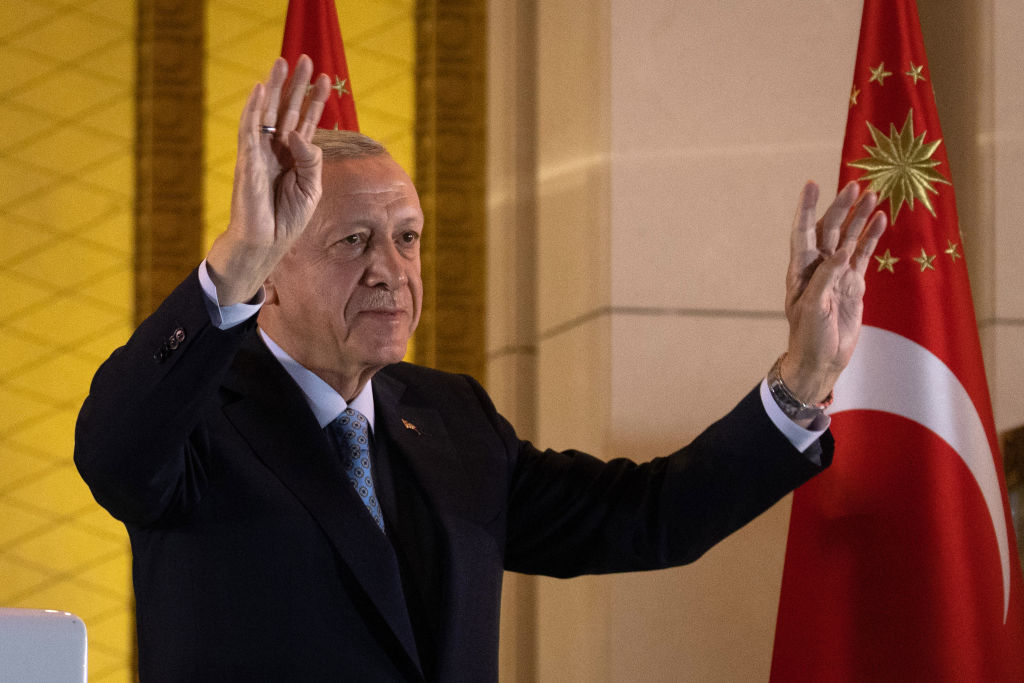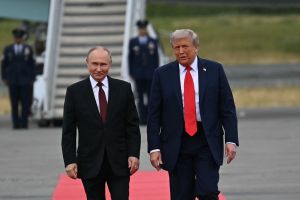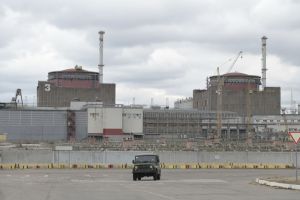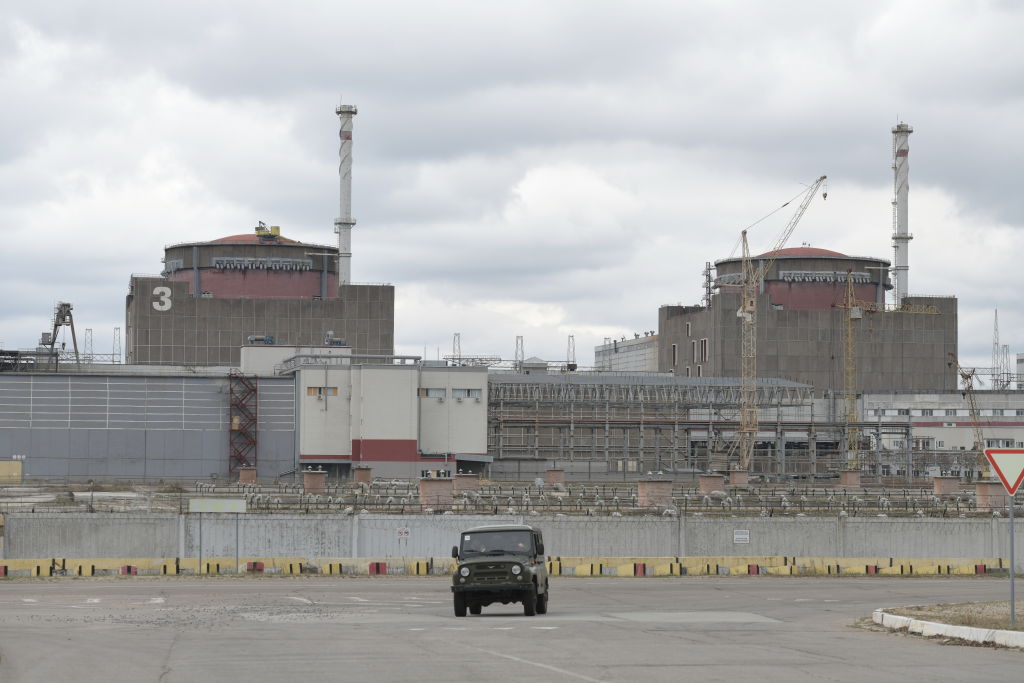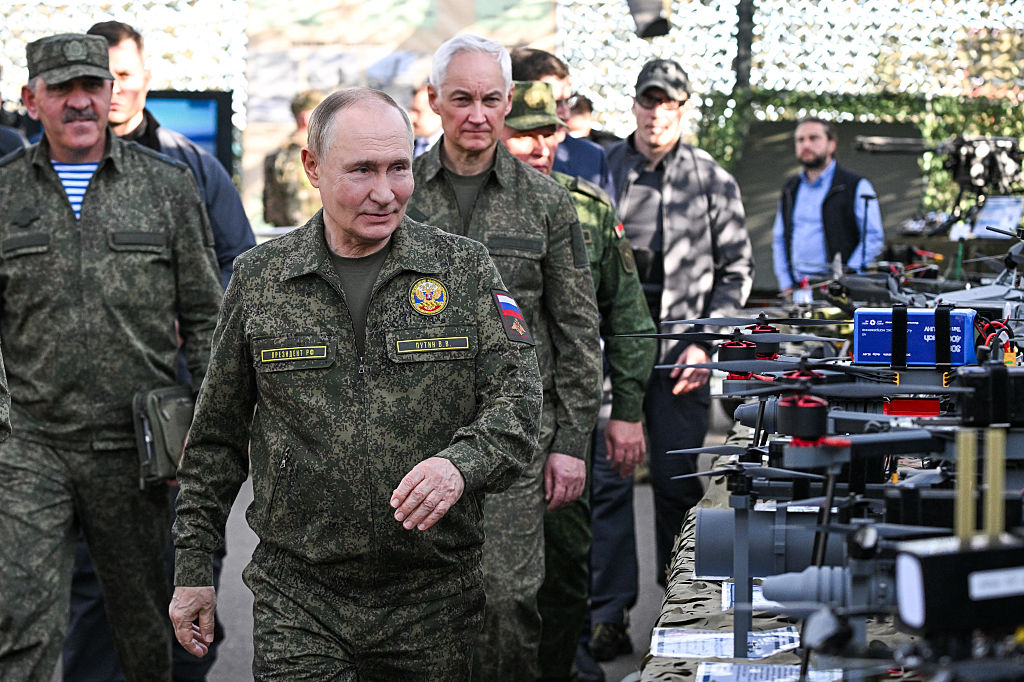Some Turks voted for the devil they knew. More voted for the hero they knew. Either way, Recep Tayyip Erdoğan’s re-election in the most fiercely contested election of his career last Sunday was a victory for fear over hope, for security over uncertainty, and of the past over the future.
Erdoğan has, over the last five years, seen the economic miracle he helped create collapse into runway inflation, cronyism and gross economic mismanagement. Yet despite a litany of failures that would have demolished the career of any western European politician, it’s easy to see why over 52 percent of Turks voted to stick with Erdoğan. His opponent, the avuncular economist Kemal Kılıçdaroğlu, may have been the united opposition’s candidate. But the parties that joined in a shotgun marriage to back him are in reality united by nothing except the desire for power. A Kılıçdaroğlu administration would have commenced with an explosion of political horse-trading for ministries. And, like their Russian counterparts, many ordinary Turkish voters are deeply cynical about the thieving habits of their political class. “Erdoğan’s people have been stealing for twenty years but they leave the people something, we see some benefits,” says Muslim Aydin, a restauranteur in Istanbul who reluctantly voted for Erdoğan last weekend. “A new government will come in hungry to begin stealing again.”
A nation in crisis needs a strong leader — even if he was the one who caused the crisis. That circular logic was one part of Erdoğan’s appeal. And the bigger the crisis, the bigger the national myths of future greatness need to be to sustain people through hard times. Erdoğan was a great weaver of powerful myths — from his constant conspiracy theorizing about international banking cabals keeping Turkey down to his posturing defiance of NATO, the US and the EU, all of whom he blamed at various times for his country’s problems. Like his counterpart Vladimir Putin, Erdoğan’s popularity was kept aloft by hot gusts of paranoia and promises of reviving his nation’s historical greatness. Though now visibly aging and suffering from periodic health scares, Erdoğan remains, above all, unmistakably a leader of men — a tough guy for tough times in a tough neighborhood. Whatever qualities Kılıçdaroğlu may have had – among them quiet competence, decency, and an ability to compromise — sheer macho charisma was not among them. “I love Kemal Bey [Kılıçdaroğlu],” says Gulen Otkay, a graduate student from Istanbul, but even she admits that “Turkey needs a reis not a hoca — a leader, not a teacher.”
Internationally, too, Erdogan was the world’s indispensable man on a host of vital issues from Europe’s migration crisis to NATO expansion to world food supply to energy supplies to the Ukraine war. Infuriating, yes, but nonetheless indispensable.
Erdoğan continues to blackmail the EU with the lingering threat of allowing the 4 million refugees currently in Turkey to move westwards. Erdoğan continues to block Sweden’s accession to NATO, holding out for a delayed shipment of F-16s from the US. Erdoğan was instrumental in brokering a grain export deal that allowed Ukrainian food to leave blockaded ports. In the wake of the destruction of the Nord Stream Baltic gas pipelines by unknown saboteurs last September, Erdoğan has proposed to make Turkey a new “gas hub” for southern Europe by linking up existing pipelines with gas supplies from Azerbaijan and Russia. Creating an alternative route for Gazprom’s gas to reach European markets may be sanctions-busting by another name. But with the Balkans, Central Europe and Italy crying out for cheap energy the fig-leaf of “Turkish” gas supplies is a fudge many governments are desperate to buy into. Erdoğan was the honest broker in a series of peace talks between Russia and Ukraine in Istanbul and Antalya in March and April, and is likely to reprise the role as the war enters its endgame. And Erdoğan effectively backs both sides in the war, on the one hand supplying Kyiv with deadly Bayraktar drones (designed and manufactured by Erdoğan’s engineer son-in-law) and on the other acting as a major conduit for sanctions-busting imports and exports to Russia.
Would Kılıçdaroğlu have the guile and the diplomatic skill to straddle as many fences as Erdoğan? Would he choose Kyiv’s side in the war at the cost of jeopardizing Turkey’s own gas supplies, nascent nuclear energy sector and export markets, all of which depend significantly on Russia? The truth is that Turkey is too closely locked into webs of conflicting economic and political interest to easily extract itself from relationships with morally dubious regimes in Moscow, Tehran, Damascus and Baku. The idea that Kılıçdaroğlu could wave a magic wand and make Turkey a loyal western ally was a chimera.
Erdoğan’s original sin is that he dismantled Turkey’s free press and civil society, imprisoned and fired hundreds of thousands of political opponents and ruined the economy. But his Machiavellian foreign policy is a product of Turkey’s geographic and economic interests, not of ideology. For fear of something worse, or even simply chaos, the West still needs the devil we know.
This article was originally published on The Spectator’s UK website.



